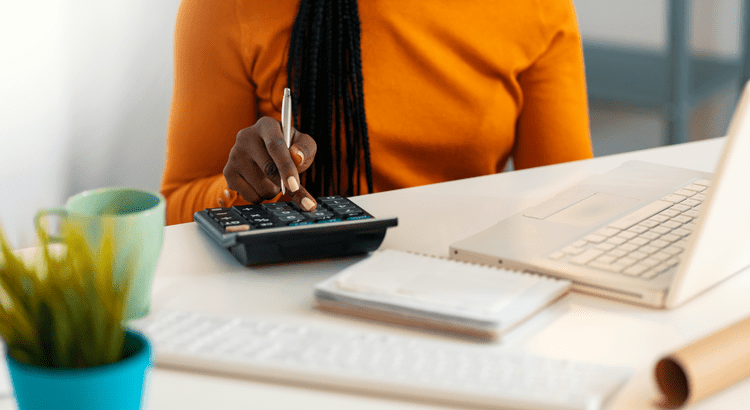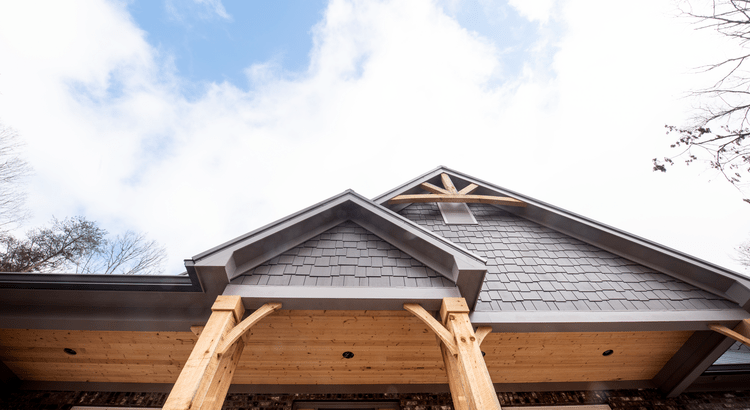What You Need to Save for When Buying a Home: Your Ultimate Guide to Smart Budgeting

Buying a home is an exciting yet daunting milestone in life. The excitement of finally owning your own space often comes with the pressure of understanding the financial side of things. From down payments to closing costs, the expenses can pile up quickly. But don’t worry — by knowing what to budget for in advance, you can navigate the process smoothly and avoid unwelcome surprises.
Let’s break down the most important things you need to save for when purchasing your dream home and how to make sure you’re financially prepared.
1. Down Payment: What You Really Need to Save
When people think about buying a home, the first thing that usually comes to mind is the down payment. This is the lump sum of money you pay upfront toward the purchase price of the property. While saving for a down payment can feel like an uphill battle, it's not as daunting as you might think.
A common myth is that you need to put down 20% of the home’s purchase price. But here’s the good news: this is not always the case! Depending on the type of loan you choose and your financial situation, down payments can be as low as 3.5% or even zero in some cases. Yes, zero!
For example, FHA loans require as little as 3.5%, while some VA loans offer 0% down payment options for qualifying veterans. The Mortgage Reports highlights that the amount you’ll need to put down depends on several factors, including your loan type, the price of the home, and your financial goals.
So, before you start panicking about saving up 20%, sit down with a trusted lender who can help you assess your options. They’ll guide you through the various loan types, down payment requirements, and even potential down payment assistance programs that may be available to you. The key here is doing your research and planning ahead — the more information you gather early on, the smoother the process will be.
2. Closing Costs: The Hidden Fees You Need to Know About
While most homebuyers are aware of the down payment, many forget to budget for the additional expenses that come with closing the deal. These are known as closing costs, and they typically range from 2% to 5% of your total loan amount. Though these costs might seem like a secondary concern, they can add up quickly.
So, what exactly are closing costs? According to Bankrate, closing costs include a variety of fees for services rendered during the home-buying process. These may include:
- Appraisal fees: A professional appraisal to assess the value of the property.
- Title insurance: Protects the buyer and lender from any legal issues related to the property’s title.
- Loan origination fees: The cost of processing and underwriting your mortgage.
- Underwriting fees: Fees charged by the lender for evaluating your loan application.
Closing costs also often include escrow fees and may require you to pay for things like property inspections or surveys.
Before you get to the closing table, be sure to ask your lender for an estimate of what your closing costs will be. This will help you better plan for the total amount you’ll need to bring to the table on closing day. And don’t forget to consider the possibility that the seller might not cover all these costs — so be ready to shoulder some of the burden yourself.
3. Earnest Money Deposit: Showing You’re Serious
While down payments and closing costs are the big-ticket items when it comes to home-buying expenses, don’t overlook the earnest money deposit (EMD). This small but important payment is often required when you make an offer on a home.
An EMD is essentially a show of good faith to the seller that you are serious about purchasing the property. Typically, earnest money amounts range from 1% to 2% of the home’s price. For example, on a $300,000 home, an earnest money deposit might be anywhere from $3,000 to $6,000.
Now, here’s the good news: The earnest money isn’t an added expense. Rather, it’s credited toward your down payment or closing costs, which means you're not spending extra money — you're just putting some of the money you’ve already saved to work.
Realtor.com explains that if everything goes smoothly and the seller accepts your offer, the earnest money is applied toward your purchase costs. Think of it as pre-paying a portion of your down payment or closing costs.
However, keep in mind that this deposit is not required by law, and it does not guarantee that your offer will be accepted. If the deal falls through (for example, if the seller rejects your offer), the earnest money may be refunded to you. But if you back out of the deal without a valid reason, the seller might get to keep the deposit as compensation for wasting their time.
4. Property Inspections: Prevent Costly Surprises
When buying a home, the excitement can sometimes cloud your judgment, making it tempting to skip certain steps in the process. One thing you should never skip is the property inspection.
A home inspection is an essential part of buying a home, and it can save you thousands in repair costs later on. During a home inspection, a professional examines the property to ensure there are no hidden issues, such as faulty wiring, mold, or foundation problems. The last thing you want is to buy a home only to discover that it requires costly repairs you weren’t prepared for.
The cost of a home inspection typically ranges from $300 to $500, depending on the size and location of the property. It may seem like an additional expense you can skip, but think of it as an investment. Knowing the true condition of the home upfront gives you the opportunity to negotiate repairs or adjust your offer accordingly. It’s far better to address problems before closing than to face them after the sale.
5. Moving Costs: Don’t Forget About the Big Move
Once you’ve sorted out the down payment, closing costs, and other upfront fees, it’s time to think about the actual move. Moving costs can easily add up, especially if you’re hiring movers or renting a truck.
Before you start packing up your life, make sure you have a budget for moving expenses. Consider costs like:
- Hiring professional movers: If you prefer the help of experts, professional moving companies charge anywhere from $300 to $1,500 depending on how much stuff you have and the distance you’re moving.
- Packing materials: Boxes, bubble wrap, tape, and packing peanuts can cost you anywhere from $50 to $200.
- Transportation: If you’re renting a truck or using a car service, don’t forget to account for rental fees, gas, and any extra insurance.
These costs can sneak up on you, but with a little planning, you can factor them into your overall home-buying budget.
Final Thoughts: Plan Ahead and Be Prepared
The home-buying process can be overwhelming, but the more you know ahead of time, the less stressful it will be. Saving for your down payment is just the beginning — make sure you also plan for closing costs, earnest money, property inspections, and moving expenses.
By working closely with an expert lender and a real estate agent, you’ll have the guidance you need to avoid any financial surprises and stay on track. The key is to be informed, prepared, and ready to take on the journey of homeownership with confidence. With the right planning, you can make your dream home a reality without breaking the bank.
Happy home buying!
Recent Posts










GET MORE INFORMATION
